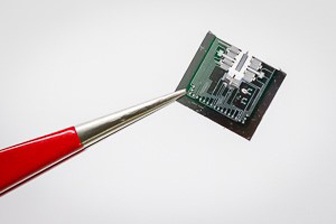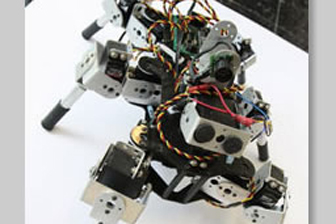Overview
While diverse research interests are represented by the core faculty and affiliated faculty in the Department of Systems Engineering, the following areas of concentration combine graduate level research and curriculum:
- Control, energy and mechatronic systems
- Computational cancer biology
- Compressed sensing
- Cyber-physical system security
- Network control
- Robotics
- Systems design and development
Other concentration areas are pursued as research focus areas, depending on student and faculty interest.
In keeping with the established tradition of research at UT Dallas, SYSE students are encouraged to collaborate with researchers in other programs in the Erik Jonsson School of Engineering and Computer Science and the Naveen Jindal School of Management. Related areas of interest include computer science, electrical engineering, mechanical engineering, bioengineering, computer engineering, operations management, finance, marketing, entrepreneurship, and business management.

The Applied Systems Lab addresses problems of understanding and controlling systems that change over time. In engineered dynamical systems, such as process control and autonomous driving, the lab provides guarantees for safety and security, managing uncertainty that comes from unknowns or from attacks. In natural systems, such as neuroscience and population-level human decision making, the lab aims to use mathematical tools to characterize behavioral properties in terms of their network structure. Undergraduates participate as part of the Nova team, which is tasked with developing a research-focused and open-source self-driving vehicle.

LDCN’s multidisciplinary research team pursues a dynamic and active research program that maintains a solid systems and control focus on a variety of emerging applications in nanotechnology.
The Laboratory for Dynamics and Control of Nanosystems (LDCN)

The CIReNS lab conducts research at the intersection of control theory, network science, and machine learning, addressing fundamental challenges in modern networked systems.
Control, Intelligence, and Resilience in Networks and Systems Laboratory (CIReNS)




